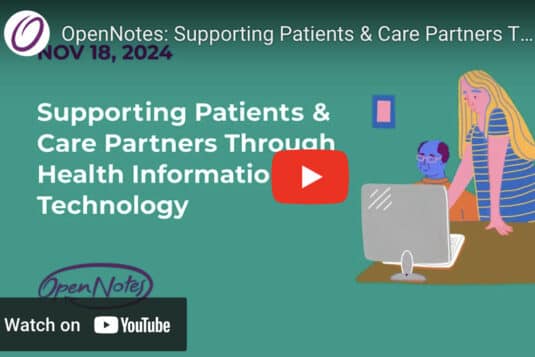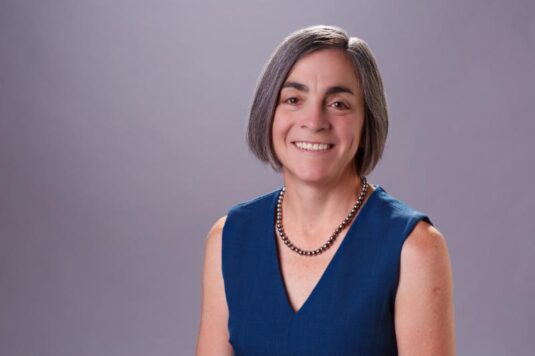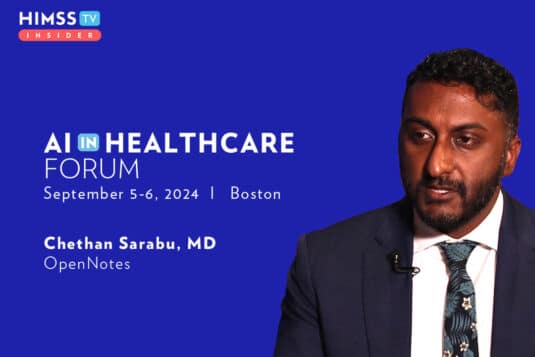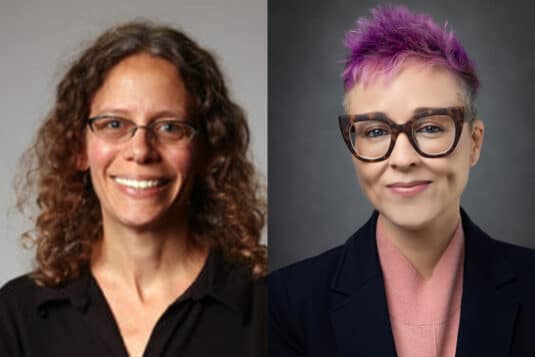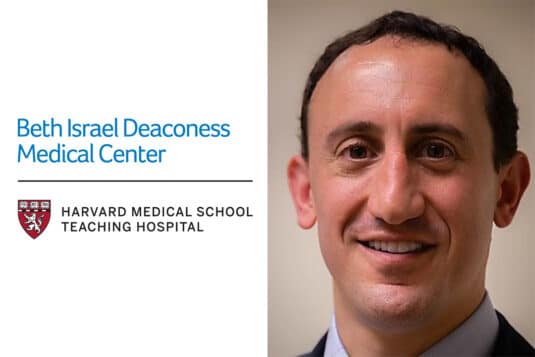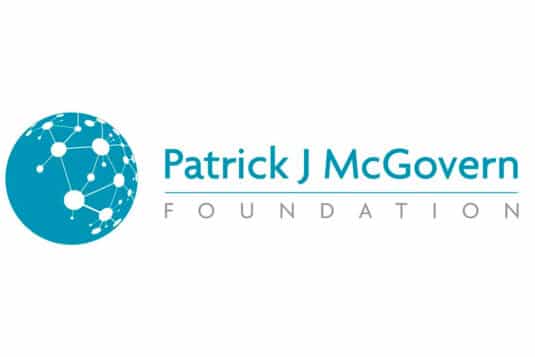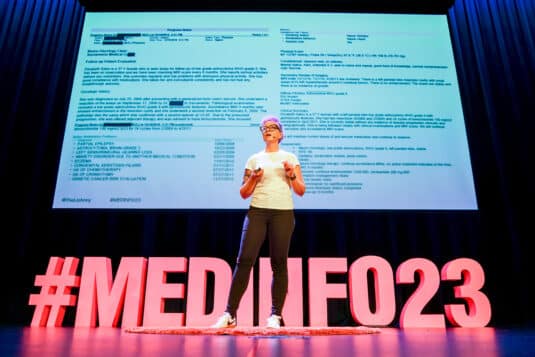Being a care partner can be a deeply rewarding experience, but it also comes with unique challenges. How can health information technology ease some of this burden? Explore innovative ways to support patients and their care partners.
News from OpenNotes
Statement: Health Data, Technology & Interoperability: Patient Engagement, Information Sharing & Public Health Interoperability
We support the ASTP/ONC efforts to provide regulatory clarification and protections for those patients and their clinicians whereby “information blocking exceptions for electronic health information (EHI) related to reproductive health care during interoperable exchanges” should be allowed.
Sarabu on HIMSS TV: How AI is “Enabling a New Level of Patient Empowerment”
While attending the Healthcare Information and Management Systems Society (HIMSS) meeting in Boston, Chethan Sarabu, MD, was invited to share how generative AI and large language models (LLMs) can offer patients new tools to help them navigate and understand their healthcare journeys, from diagnosis to treatment.
OpenNotes Behavioral Health Leader Receives Lifetime Achievement Award
Steve O’Neill, LICSW, BCD, JD, was honored with a prestigious Lifetime Achievement Award by the Massachusetts Chapter of the National Association of Social Workers (NASW-MA). This recognition celebrated Steve’s extraordinary contributions to social work, bioethics, patient care, and transparency in healthcare.
The Importance of Shared Access Features in Online Patient Portals: Insights from Recent Research
Patient portals are vital tools for managing health information, providing patients with direct access to medical records, lab results, and communication with healthcare providers. However, two recent publications suggest their full potential is not realized until these portals support shared access for care partners, allowing them to participate in a patient’s healthcare securely and effectively.
BIDMC Awarded $30 Million by PCORI for Large Study on Cardiac Implantable Electrical Devices
Beth Israel Deaconess Medical Center was awarded $30 million in research funding by the Patient-Centered Outcomes Research Institute (PCORI) for a large study on management strategies for patients with pacemakers and implantable cardioverter-defibrillators (ICDs). Collaborators from OpenNotes will work with Daniel B. Kramer, MD, MPH, and his team to explore patients’ and clinicians’ experiences throughout the study and analyze the data.
OpenNotes gets boost from McGovern Foundation for AI in patient care
The Patrick J. McGovern Foundation (PJMF) has awarded a $200,000 grant to OpenNotes to investigate how artificial intelligence (AI) can further propel health information transparency and open communication between patients and their clinicians. This funding initiates exploration into the evolving landscape of AI in healthcare by focusing on how patients use and comprehend clinical documentation.
Advocating for Healthcare Transparency at an International Scale
In the presentation, Liz Salmi discusses the transformative impact of the OpenNotes initiative, beginning with a 2012 study showing significant benefits for patients and care partners and no major changes for clinicians, and concludes with the impact of the 21st Century Cures Act in the U.S., which vastly expanded patient access to their medical information.
OpenNotes Names Advisors for New Lab
Following the launch of the OpenNotes Lab, the organization introduced today the first of its inaugural advisory board. With domains ranging from patient advocacy to health information technology, entrepreneurship to health policy and equity, OpenNotes Lab advisors will help inform and shape strategic initiatives the organization addresses over the next two years.
UPDATE: April Fools’! OpenNotes Unleashed: Canine Initiative Engages Dogs & Owners Through Access to Veterinarian Notes
Barking up the right tree: OpenNotes launches canine initiative! “Extending open notes to include our canine companions is a natural progression of our mission to promote transparency and patient engagement in healthcare,” said Dr. Catherine M. DesRoches, Executive Director of OpenNotes. “By giving dog owners a sniff of their pet’s medical records, we’re not just fetching information; we’re fetching better care for our beloved companions.”
